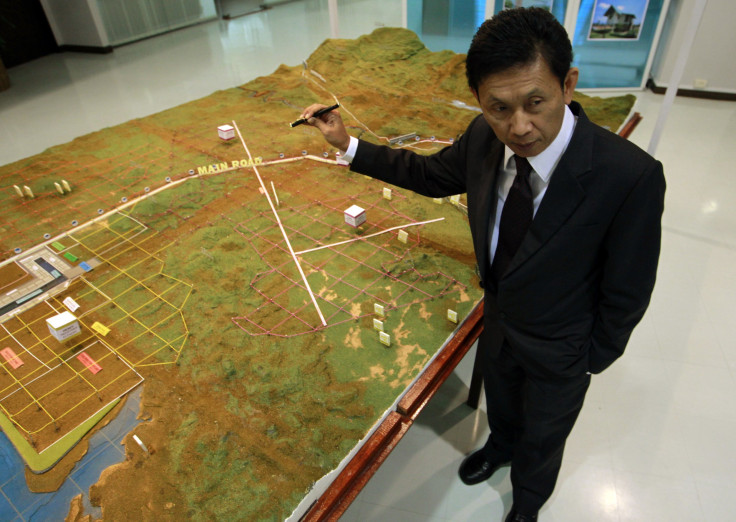Dawei Special Economic Zone In Myanmar, A Thai Venture, Runs Into Financial Trouble

Thailand’s ambitious project in the Myanmar city of Dawei is a projected to be a $50 billion industrial hub and deep-sea port that will connect with Bangkok by a road cut through a stretch of mountainous jungle. But the Special Economic Zone (SEZ) may be facing some serious financial troubles.
Recently, Myanmar unveiled a 75-year plan to develop the Dawei SEZ. The first phase alone, which will span five years, will require an investment of $976 million, according to Mizzima, an India-based Myanmar news outlet.
The project was set in motion by a former prime minister of Thailand, Thaksin Shinawatra, the brother of the current minister, Yingluck Shinawatra. When it was proposed in 2006, it was seen by many as a vanity project that would never get off the ground. But since Myanmar’s reforms began two years ago, some concluded that the former minister was a visionary, according to the Economist.
While Yingluck Shinawatra is due to inaugurate the border checkpoint on the road connecting the Thai capital to Dawei, financial difficulties are once again bringing the project into question.
The plan is grand. The project is supposed to take up 205 square kilometers (80 square miles), which is the size of the Vietnamese capital Hanoi, and nearly ten times as large as Thailand’s largest industrial area at Map Ta Phut.
Dawei’s proximity to Bangkok, Myanmar’s cheap labor force and land are among the factors that attracted Thailand in the first place. In anticipation of a new gateway for international trade and tourism into Southeast Asia, land prices in some parts of Thailand’s Kanchanaburi, bordering Myanmar, have already begun to rise. Supporters of the project claim Thailand’s annual GDP could grow by 2 percent as a result.
The plan is running into some trouble, however, in execution. The jungle, which would have to be cleared, is still mostly untouched. There are concerns about security in the region, despite a ceasefire between Myanmar’s army and the armed wing of the Karen National Union (KNU), which has long sought autonomy for the region. And the local people remain resentful toward the army.
Financial problems are the project’s biggest roadblock, however. The project is well short of the $50 billion investment it needs to see completion. A number of Thai banks, many of them state-run, have provided a total of $4 billion to move things along, and some Japanese investors have been looking into the project, but much more private money will be needed, the Economist wrote.
Twice this year, Prime Minister Yingluck has urged Japan’s Prime Minister Abe to support the Dawei project. But on both occasions, Abe only politely smiled, according to the Chiangrai Times, a Thai newspaper, as the Japanese are focused on developing a port and industrial zone at the Myanmar city of Thilawa.
© Copyright IBTimes 2024. All rights reserved.



















